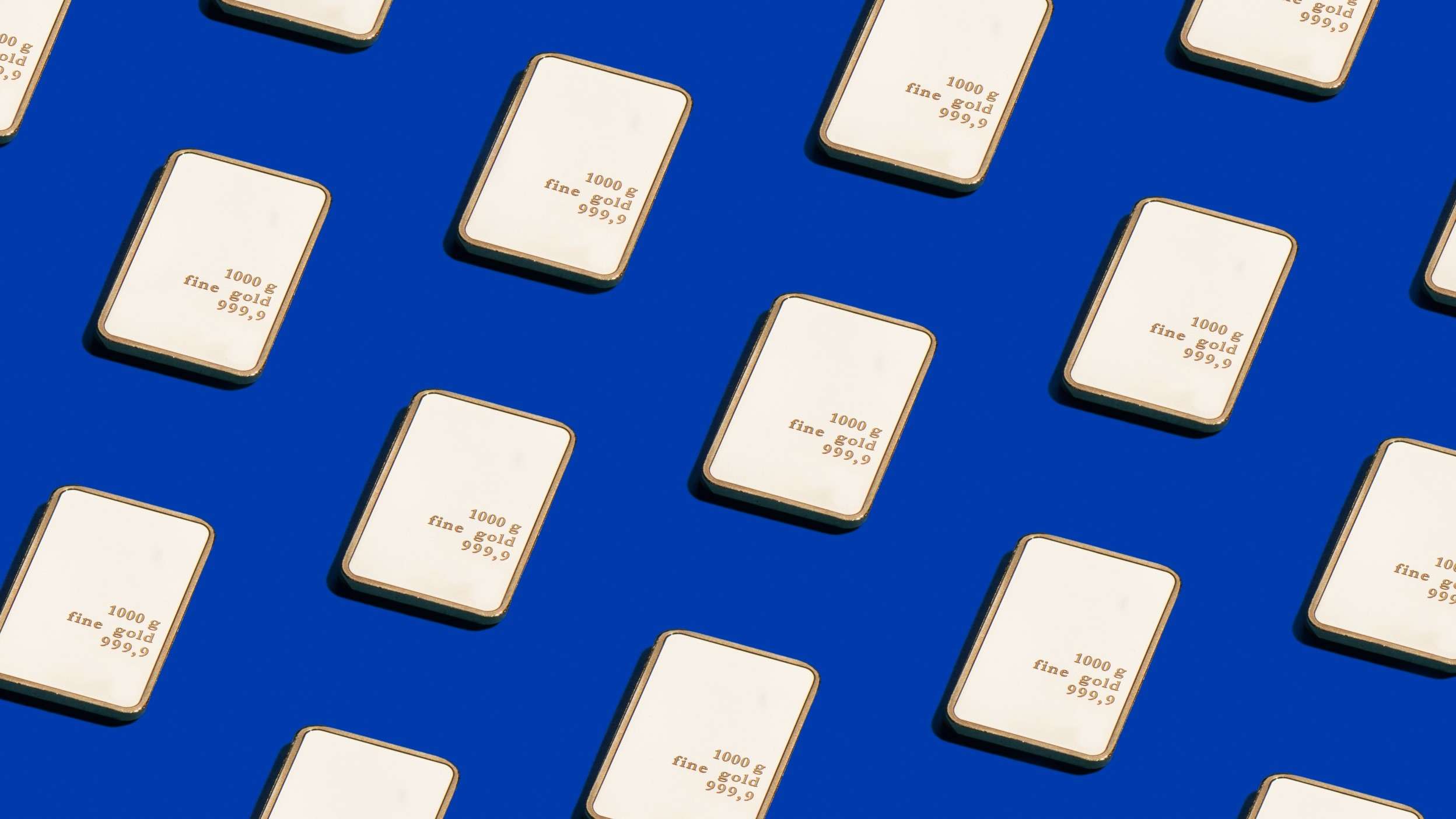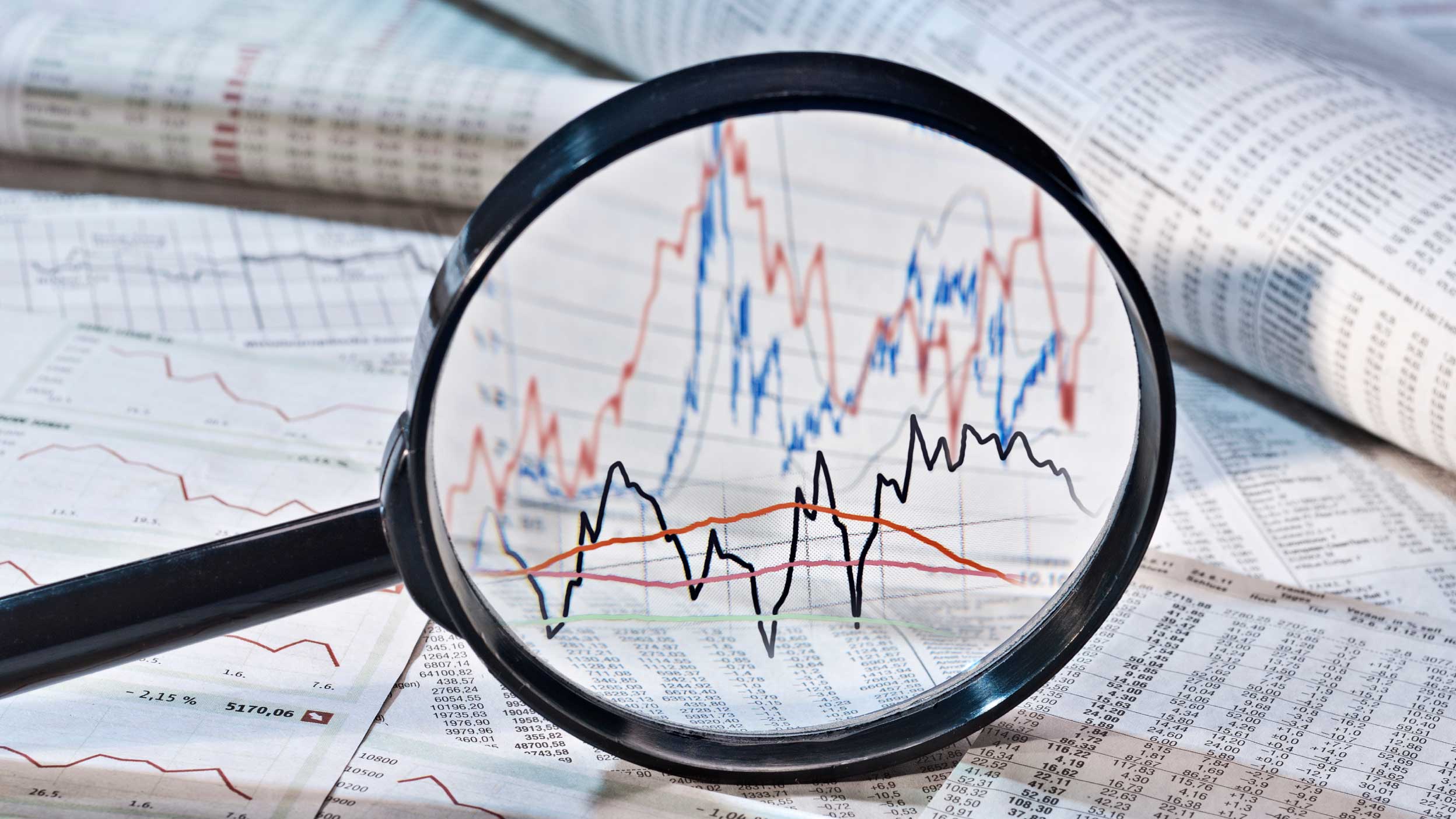Meaningful diversification requires investing in different types of companies, of different sizes, and from different parts of the world. Every country goes through cycles, where its economy expands for a period of time and then eventually contracts … then recovers to begin another expansion phase.
Some companies tend to perform better than others during certain phases of the cycle. For instance, people tend to spend more on travel and other luxury goods and services when their economy is booming. But when conditions get tough, people will cut back on lavish goods so they can pay for basic necessities … like food.
Even the most successful companies go through lean periods when customers can’t afford to buy their products. That’s why you want to invest in a wide variety of companies that are selling their products to a wide range of customers around the world. While countries tend to go through similar economic cycles, the timing and length of each phase often differs from one country to the next.
That’s good news from a diversification perspective because difference is your friend.
Combining developed and emerging market opportunities
When you invest in companies from across the world, you’re gaining exposure to large household names, often from the more established western economies. Many of these are your solid defensive players. These companies can be more resilient to economic downturns as they tend to have diversified businesses and broad customer bases.
You’re also gaining exposure to younger companies with potential to grow faster than more mature businesses. Many are involved in new technologies and other high growth areas of the market. While some of the companies are in developed economies, many are found in emerging markets.
Companies in developing regions of the world are also well-positioned to capitalise on the growth opportunities available as those countries evolve. This can often include catering for the needs of a domestic population as it becomes wealthier and healthier.
By combining companies from developed and emerging market countries, you’re effectively getting the best of both worlds.
Simple, with no maintenance required
How could you possibly buy all the stocks in the world or even a large proportion of them? And if you could, how would you manage such an enormous portfolio?
One way would be to buy and hold different funds that each invest in the stocks of certain countries or regions. However, you would still have to select the funds, manage the allocation to each one and deal with the administration.
A more efficient way would be to invest in an ETF that tracks the FTSE All-World Index. With one simple investment, you would instantly gain exposure to more than 4,000 stocks from 49 countries, covering 86% of the investible universe. The index includes large and medium-sized companies. Everything is taken care of automatically within that one simple ETF.
An ETF is an Exchange-Traded Fund, which as you might guess is an investment fund that is traded on a stock exchange in the same way as ordinary stocks and shares. You can invest in an ETF through most online investment platforms or trading apps. And ETFs tend to have low costs.
Investing at the lowest cost possible
Most everyone will agree that paying lower costs for something is a good thing. But what could that really mean for your investment and achieving your financial objectives?
While there are no guarantees about the future performance of the stock market, the impact of an ETF’s cost is easier to see. One reason ETFs are attractive is because of their transparency, including how much they cost (which is typically on the low side). The ETF’s ongoing charge figure, or OCF, is the percentage fee deducted from the ETF to cover the costs of running the fund.
Here, we see the actual performance of the FTSE All-World index over the past 20 years and hypothetical returns of ETFs tracking the index, assuming different levels of fees. This is simply meant to illustrate the point, showing ETFs with annual fees of 1%, 0.5%, 0.22% and 0.15%.






